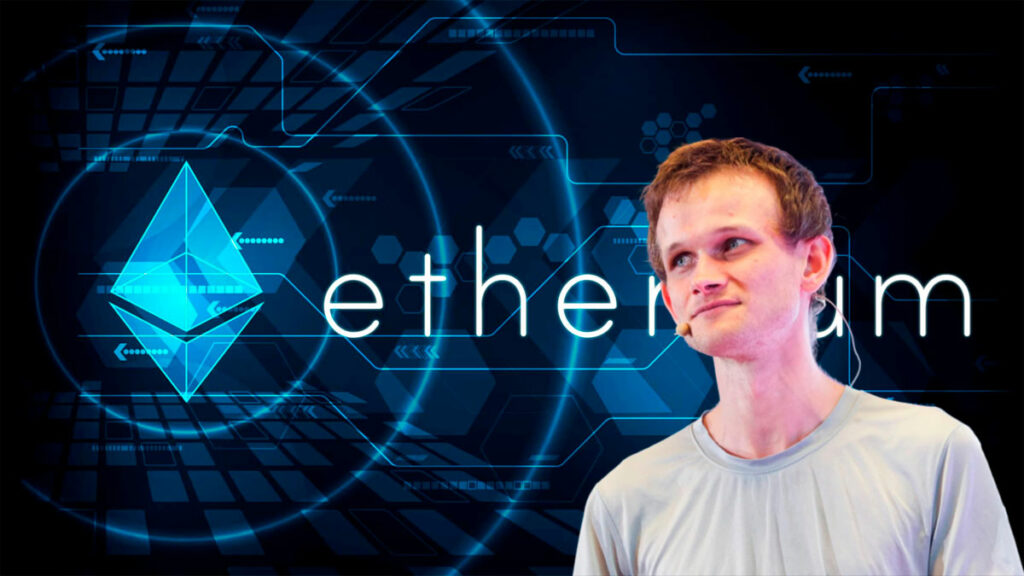TL;DR
- MEV and Decentralization: Vitalik Buterin discusses the importance of minimizing Miner Extractable Value (MEV) to prevent centralization risks in Ethereum. He suggests smart protocol designs, like transaction inclusion lists, to maintain decentralization.
- Support for Solo Stakers: Buterin addresses the challenges faced by solo stakers, such as high hardware requirements and the 32 ETH minimum. He proposes further simplifications to encourage more users to become independent node operators.
- Hardware Requirements Debate: Acknowledging the complexity of node hardware requirements, Buterin remains hopeful that future updates will significantly lower these barriers, fostering a more inclusive and open Ethereum ecosystem.
Vitalik Buterin has stepped forward to praise the blockchain’s commitment to openness and decentralization. In a recent blog post, Buterin addressed three critical issues that have been at the forefront of discussions about Ethereum’s future: Miner Extractable Value (MEV), liquid staking, and node hardware requirements.
I'm really proud that ethereum does not have any culture of trying to prevent people from speaking their minds, even when they have very negative feelings toward major things in the protocol or ecosystem.
Some wave the ideal of "open discourse" as a flag, some take it seriously.
— vitalik.eth (@VitalikButerin) May 18, 2024
Tackling Centralization Concerns
Buterin’s post, published on May 17th, delves into the intricacies of MEV, which refers to the potential financial gains that node operators can achieve by manipulating transaction orders within a block.
He outlines two strategies to combat MEV: “minimization,” which involves designing protocols that reduce MEV opportunities, and “quarantine,” which aims to eliminate MEV through in-protocol measures.
Despite the allure of the quarantine approach, Buterin warns of the centralization risks it poses, stating, “If builders have the power to completely exclude transactions from a block, attacks can easily arise.”
To mitigate these risks, he advocates for the development of transaction inclusion lists that limit builders’ ability to exclude transactions, thereby maintaining a level of decentralization.
Vitalik Buterin Encourages Solo Stakers

Buterin also addresses the low number of solo stakers on Ethereum, attributing the trend to the complexity and hardware demands of running an independent node, as well as the 32 ETH minimum requirement.
He acknowledges the progress made in simplifying node management but emphasizes that more can be done to lower barriers, such as reducing the withdrawal time for staked ETH or decreasing the minimum staking amount.
The Debate Over Hardware Requirements
The discussion around node hardware requirements is complex, Buterin admits. However, he remains optimistic that upcoming updates, like Verkle Trees and EIP-4444, could significantly reduce these demands, potentially to less than one hundred gigabytes or even near zero for non-staking nodes.
Buterin concludes by urging the Ethereum community to engage in open and civil debates, rather than shying away from tough questions.
His stance on Ethereum’s openness comes at a crucial time when digital platforms are under scrutiny for their content moderation policies. By championing transparency and inclusivity, Buterin reinforces Ethereum’s position as a leading force in the push for a decentralized digital future.












